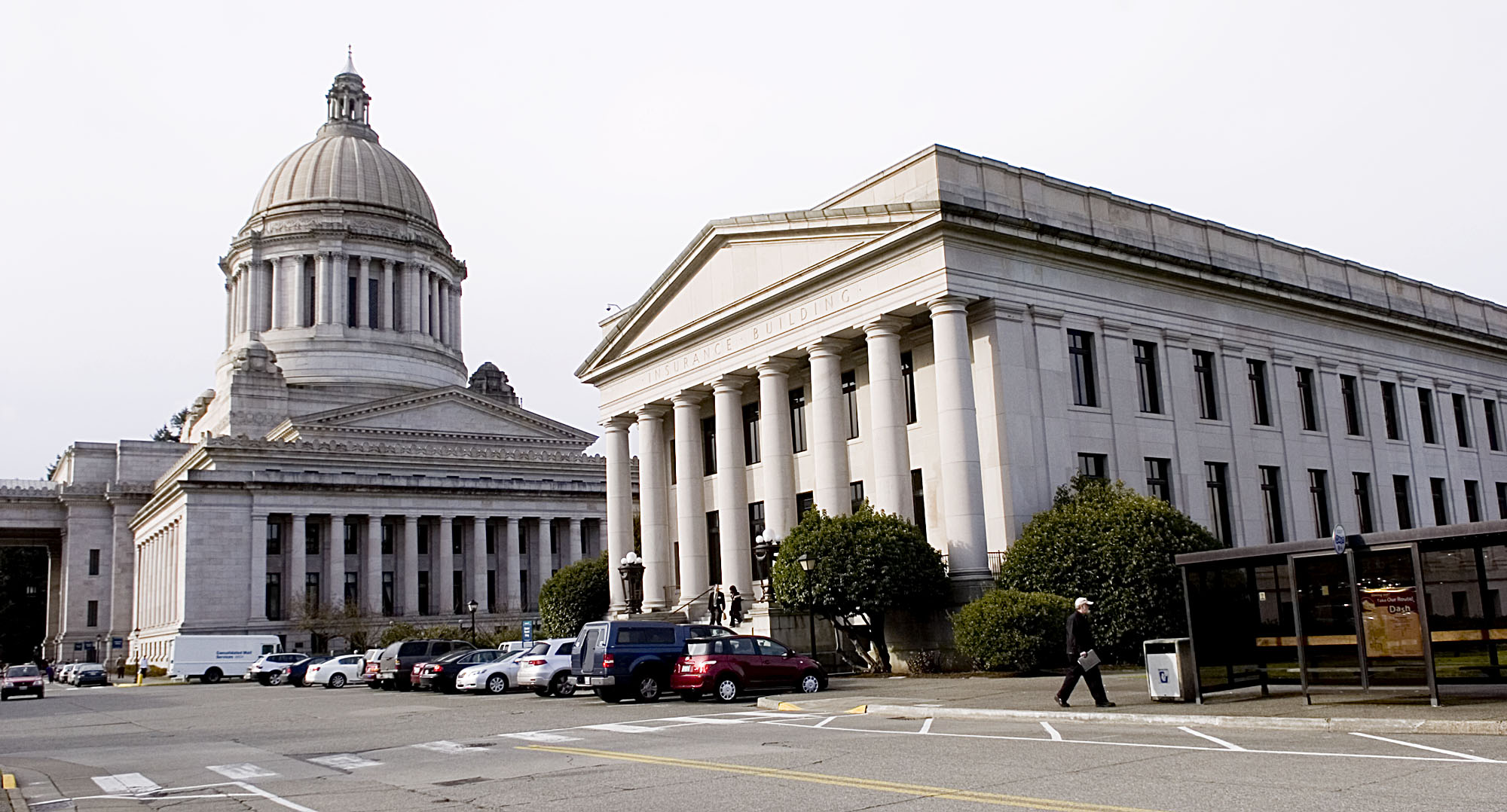The 2013 legislative session will be a busy one.
State lawmakers will have to come up with a plan to make sure the state’s education system is adequately funded while also working to improve the economy, legislators told Clark County business leaders Friday morning. And they’ll likely grapple with a major transportation package that will include money to replace the Interstate 5 Bridge.
All nine legislators-elect from the county’s 17th, 18th and 49th districts participated in the legislative breakfast, along with 14th District Sen. Curtis King, R-Yakima. The 14th District now reaches into parts of eastern Clark County.
Many of the lawmakers pointed to the importance of securing funding for the Columbia River Crossing project during the upcoming session, although some of them continued to disagree on major elements of the megaproject.
State Sen. Don Benton, R-Vancouver, said he’ll be happy to support a funding proposal for the CRC this session — if the light rail line is removed from the project.
“The CRC project, in my opinion, has been an absolute boondoggle from the beginning,” said Benton, who is expected to be vice chair of the Senate Transportation Committee next year. “If the light rail component comes off, then we can talk about funding for the CRC.”
In response to Benton’s comments, Rep. Jim Moeller, D-Vancouver, said the CRC is a compromise project that includes the interests of many people, not just those living in Clark County. Moeller said any transportation package lawmakers come up with will include other megaprojects from across the state.
“There’s a package that’s going to come forward that’s going to include funding for the CRC,” Moeller said. “It’s going to include light rail because it’s a compromise project. It’s a compromise between the state of Oregon, and it’s a compromise between the state of Washington, and two different cities, and the federal government, and we all look at the same thing differently.”
The $3.5 billion CRC project would replace the I-5 Bridge and nearby freeway interchanges, as well as extend a light rail line from Portland into Vancouver.
Democratic Sen.-elect Annette Cleveland said the light rail part of the project was agreed upon several years ago. Now it’s time to move forward, she said.
In order for the project to stay on track, Oregon and Washington will need to commit this year to paying about $450 million each toward the CRC, proponents of the project say. Oregon’s governor has outlined about that much in his budget proposal, and Washington’s governor is expected to roll out her proposal next week.
The legislative breakfast was hosted by the Greater Vancouver Chamber of Commerce, the Columbia River Economic Development Council and Identity Clark County.
Speaking of stormwater
Many lawmakers, Democrats and Republicans alike, agreed that the state needs to fix its stormwater runoff regulations, which have affected some development in the county. If the state wants to attract business to the area, it needs to make environmental regulations clear and predictable, many legislators said.
Clark County refused to follow state stormwater runoff rules in 2008, getting the county in legal trouble. Opponents of state stormwater standards say they’re too expensive, while proponents argue that the county’s alternative method doesn’t go far enough to protect salmon.
Rep.-elect Liz Pike, R-Camas, said each county should be able to create its own rules for stormwater runoff.
“We have fine elected officials in every county in this state, and I would like to usher in a program where each county has jurisdictional authority to manage their own stormwater,” said Pike, who will serve as the assistant ranking member of the House Environment Committee next year.
Lawmakers also discussed the roughly $1 billion budget shortfall they’ll face this session; revenue increases, such as a new gas tax; and ideas for complying with a recent state Supreme Court decision that ruled the Legislature wasn’t putting enough money into the education system.
Lawmakers offered different opinions about bolstering the state’s education system. State Rep. Paul Harris, R-Vancouver, said lawmakers should figure out how to pay for education programs before finishing the rest of the budget, and that asking taxpayers to vote on education money is too risky.
“Throwing money at the same education system is not going to work,” Harris said. “We have to educate differently.”
Moeller said he would like to see a balanced approach to funding all government programs, and to do that, new revenue is needed.
“If I have to give to somebody, that means I take from somebody else,” Moeller said. “We cannot continue to fund everything that is necessary based on reform only. We need new revenue. We need new taxes if we are going to fund everything that we said we are going to fund. Reform is not a funding stream.”




